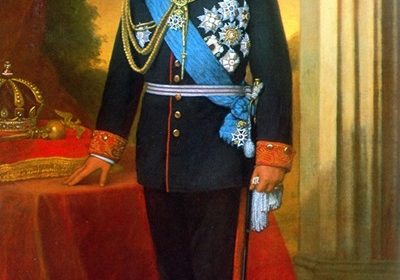Meet the meerkats at Honolulu Zoo
The Honolulu Zoo is happy to welcome three new male meerkats from the Toledo Zoo. Brothers Raphael, Leo and Mikey were born on March 4, 2017 and arrived at the Honolulu Zoo on November 2. They have just completed their 120-day quarantine period and have been placed on exhibit for the public to visit.
Meerkats, also known as suricates, are a type of small burrowing mongoose found in Southwestern Africa and are recognizable by their upright “sentinel” posture as they look out for predators. They live in rock crevices and large burrow systems of underground tunnels. They forage in packs of three to 25 individuals and are generally gray or tan in color with a black-tipped tail and dark patches around their eyes to protect them from the glare of the sun. Meerkats primarily feed on insects including beetles, termites, spiders, scorpions, and also on lizards, small snakes, rodents and birds and dig up succulent tubers to obtain water.
The population is not threatened and meerkats are found to breed year-round, giving birth to litters of three to seven pups.
As meerkats are considered injurious wildlife in Hawaiʻi, the Honolulu Zoo is only allowed to house male meerkats to avoid any risk of this species getting established in the wild.
The three meerkats were provided to the Honolulu Zoo as part of a partnership with the Association of Zoos and Aquariums (AZA) and their Species Survival Plan (SSP). The International Union for Conservation of Nature (IUCN) has listed meerkats as “Least Concern” on the IUCN Red List.
“We are very happy to have meerkats back on exhibit in the Honolulu Zoo,” said Honolulu Zoo Director Linda Santos. “These popular animals help us to educate the public and we’re thankful for the continued partnership with the AZA and zoo facilities across the country which support us in our conservation education efforts.”
Meerkat pups learn by observing adult behavior. Adults weigh up to two pounds and measure approximately nine to 14 inches in height, not including their tail. The average lifespan is five to 15 years in the wild and have been known to live for more than 12 years in captivity. Meerkats have been made popular as they have been widely portrayed in movies and television programs.




